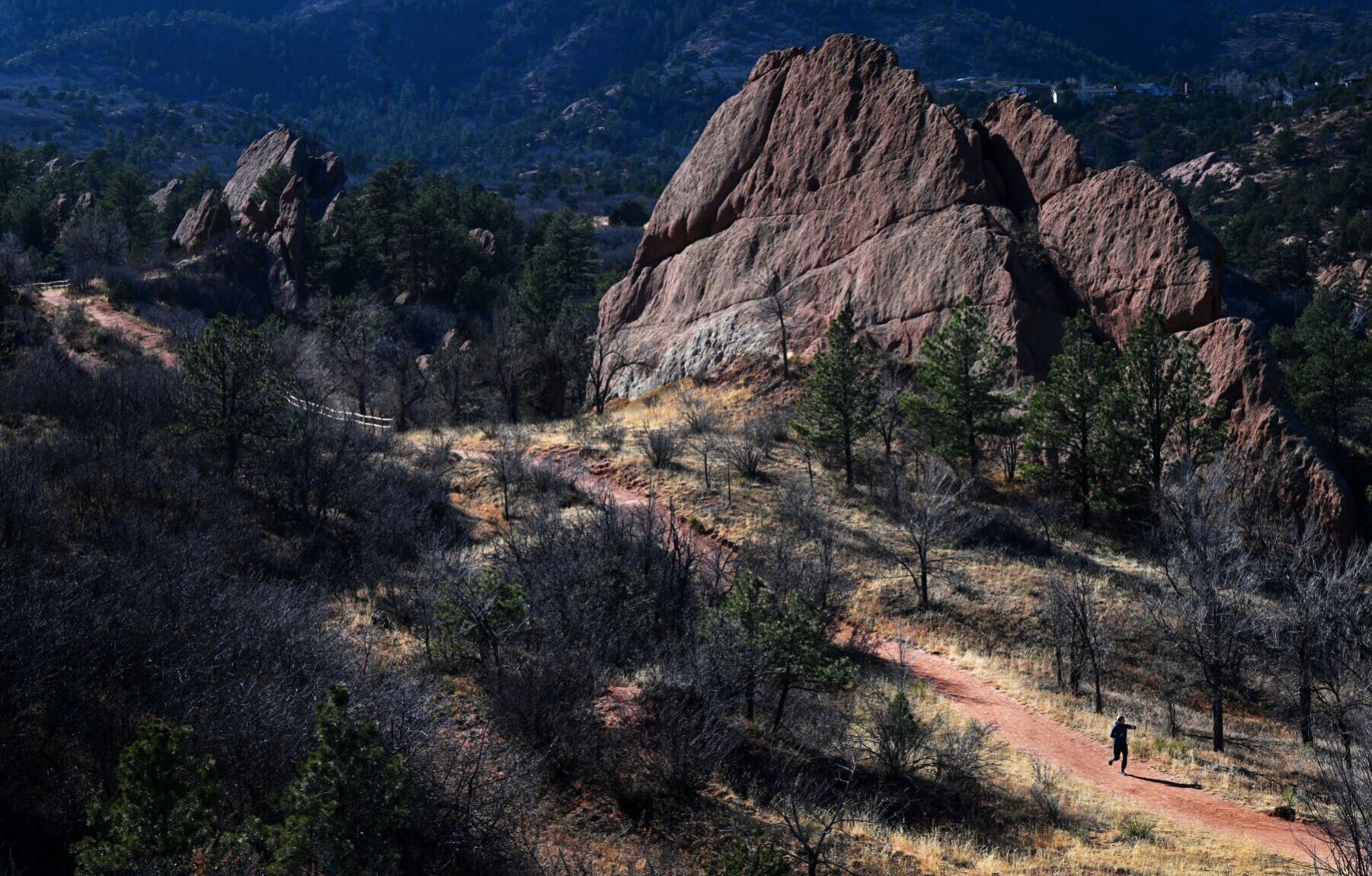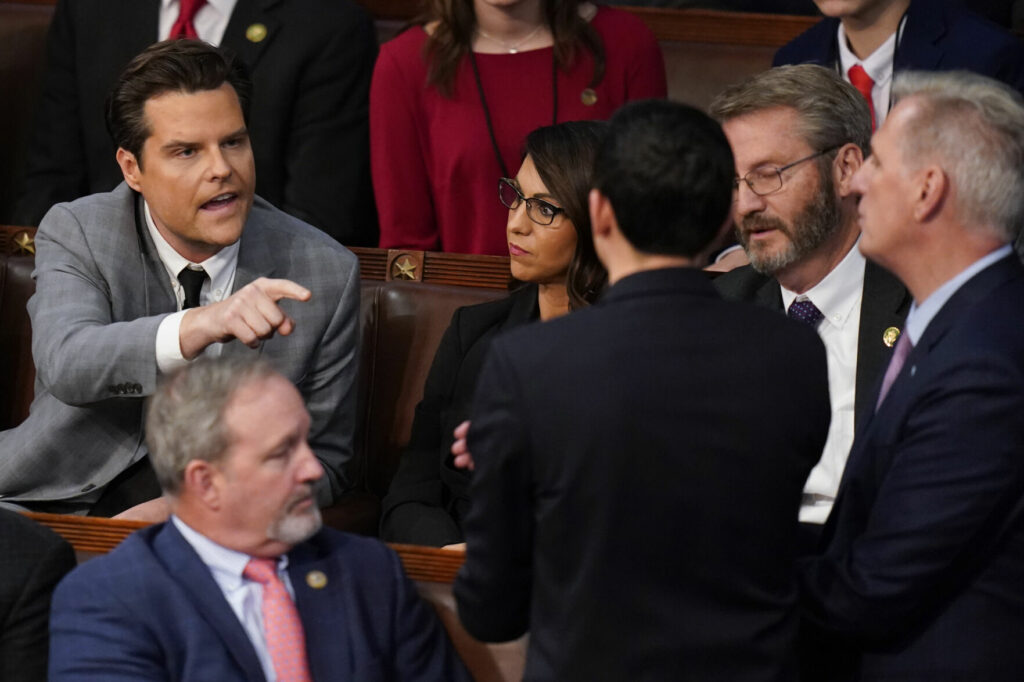Colorado Springs voters back TOPS tax extension, according to early results

Voters backed the trails, open space and parks tax for an additional 20 years, initial election results indicate, ensuring future funding for a program preserving Colorado Springs’ natural landscapes.
The program is used to acquire, develop and maintain trails, open space and parks through a dedicated 0.1% sales tax, or 1 cent per $10 purchase. On Tuesday, early results show 78.69% voted yes on the question, initial returns from the city clerk’s office Tuesday night show, extending the program through the end of 2045.
“I am absolutely thrilled,” said Britt Haley, director of Parks, Recreation & Cultural Services, of the early results Tuesday evening. “It has made so many things possible for our community and we look forward to our future. We certainly have more work to do.”
After being introduced in 1997 and renewed 20 years ago through 2025, the tax has funded the purchase of lands like Stratton Open Space, Red Rock Canyon Open Space and Ute Valley Park. It’s credited with preserving more than 7,500 acres of open space, building or improving 67 parks and constructing over 53 miles of trails, according to the city.
The program is managed by the Parks, Recreation and Cultural Services Department with oversight from a citizen working committee. Projects proposed last year for 2023 include acquiring and constructing the Chamberlain Trail, Memorial Park irrigation installation, Oak Meadow Park playground replacement and reclaiming a quarry in Black Canyon Open Space.
Colorado Springs Mayor John Suthers praised voter support of the ballot measure. “A great, great victory,” he said.
“With the passing of Issue 1, the Trails, Open Space and Parks program (TOPS) will continue to thrive for the next 20 years and help us continue to create a sustainable parks system with better access for all.”
TOPS will not change with the extension, but the ballot measure stipulates 75% of revenues set aside for open space should be used to buy land and the remaining 25% is for stewardship, such as hiring “TOPS rangers” to manage properties purchased through the program.
Cory Sutela was part of an approximately five-year effort to include the ballot language to specify the designated percentage for acquiring open spaces.
“That was a huge issue that we put a lot of effort into. I believe that that is the reason TOPS has absolutely gotten the support,” said Sutela, executive director of Medicine Wheel Trail Associates. For the program, Sutela said more open spaces means new trails.
“Colorado Springs is a place that its identity is tied around these amazing public open spaces that’s really important for a lot of people and it’s why people want to live here,” Sutela said.
The tax is expected to raise about $12 million in 2023, according to data previously provided by the city. Most of the revenues are split among parks, trails and open space. After deductions for administration and maintenance, 60% – or about $6.5 million in 2023 – of tax revenues are required to be set aside for open spaces. Under the new voter-approved tax structure, 75% of that $6.5 million, or about $4.9 million, will be set aside to buy land.
The voter-approved tax structure puts in place a designated percentage guiding how much is spent on acquiring new open space, a compromise between parks advocates and city administration that parks advocates have praised. Proponents have said it ensures funds set aside for open space acquisition are protected so there is a pipeline of money available to buy new parkland.
It will also protect the city’s commitment to purchasing green space even as new mayors and city councilmembers, who could have different ideas for how to spend the funds, take office, advocates have previously said.
Residents have previously said they are concerned that even dedicating 75% of the overall budget available to buy open space is less than what the city has traditionally spent on new parkland in the past.
Colorado Springs’ parks department has been underfunded for years, residents have previously said, and trails, open space and parks tax spending has been eroded for other priorities, such as maintaining city parks.
Funding for parks was decimated when the city made deep cuts to its general sales taxes during the Great Recession around 2008 and has never recovered – a separate issue from the ballot question that must still be addressed, residents have said.














